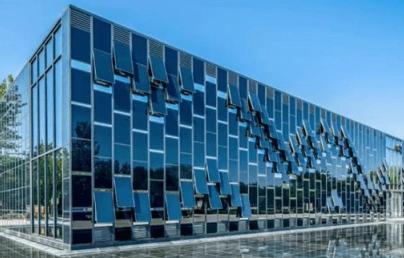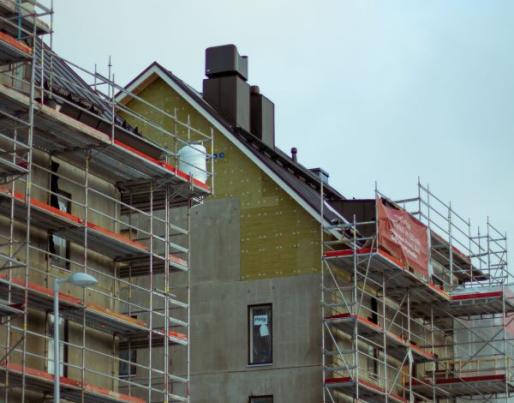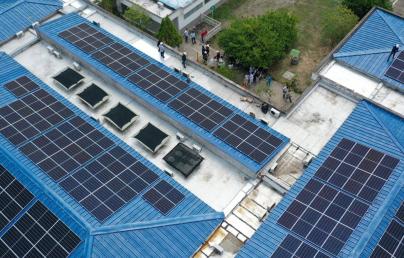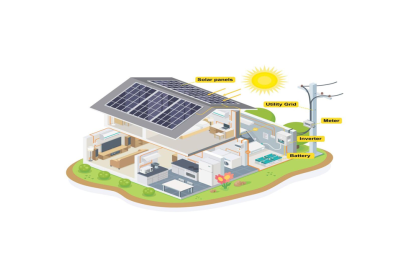
The Central and Eastern European Region: Front line of the renovation battle

The Central and Eastern European Region: Front line of the renovation battle
Adrian Joyce, Director of the Renovate Europe Campaign, presents his insights about the need of increasing energy renovation rates to implement energy efficiency measures in the Central and Eastern European (CEE) region to achieve the 2030 climate targets and climate neutrality goal by 2050 together with independence from Russian fossil fuel by 2030.
In the middle of roaring war in Ukraine and skyrocketing energy prices, the emergency to renovate a leaky EU building stock responsible for up to 40% of our energy consumption is more obvious than ever. It is time to stop beating around the bush and take drastic measures to improve the performance of our buildings and renovation presents itself as the only sustainable option to tackle the ongoing energy security crisis and strengthen the EU’s resilience and independence towards geopolitical or other factors.
Especially affected by this current dramatic scenario is the Central and Eastern European (CEE) region. With various countries sharing borders with a land at war and considering their huge dependency on Russian fossil fuel imports, energy efficiency measures become key to ensure not only the security of the area but also the living conditions of its citizens, ensuring homes that are comfortable, healthy and energy efficient.
In a context where the energy policy debate is at the highest point at EU level, with both the REPowerEU Plan and a Fit for 55 Package (containing key legislation such as the Energy Performance of Buildings Directive and the Energy Efficiency Directive), it is our duty to further emphasise the need for energy renovations to take central stage if we want to achieve our 2030 climate targets and climate neutrality goal by 2050 together with independence from Russian fossil fuel by 2030.
The ball is in our court, and we can either smash it, by tackling the issue right now, or we can let it slip away, and lament in the years to come not taking the ambitious approach when we had the chance. It is therefore essential that a key element like ambitious Minimum Energy Performance Standards (MEPS) is given the prominence it deserves to become the driver of energy renovation actions moving forward. In their design it is imperative they cover the full building stock with 2030 as a first milestone to measure progress.
Ambitious MEPS together with a well-grounded definition of deep renovation including primary and final energy consumption to express energy needs, and consistently referring to the achievement of Zero-Emission Building (ZEB) status would put us in a good position and empower us to face the challenges ahead.

